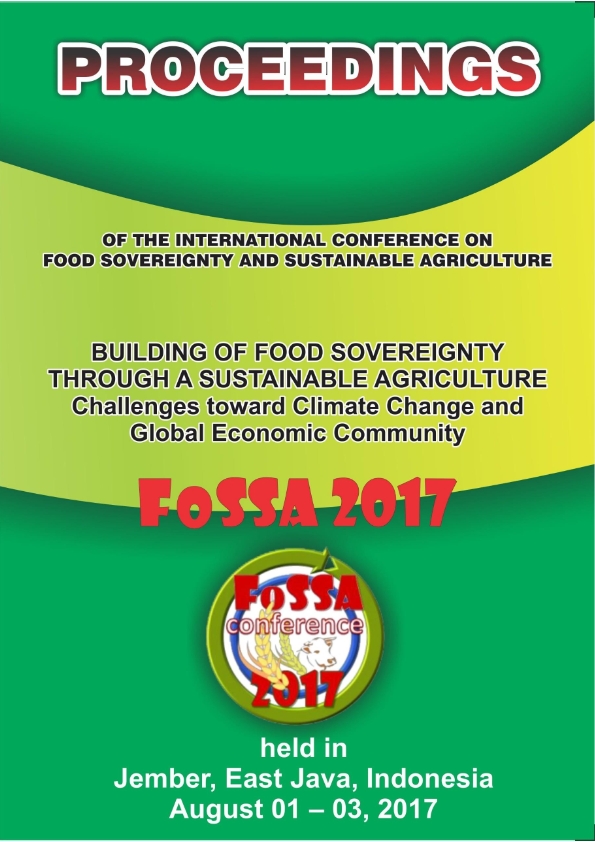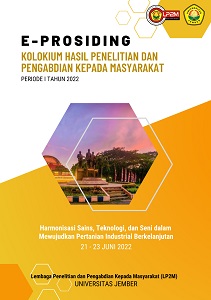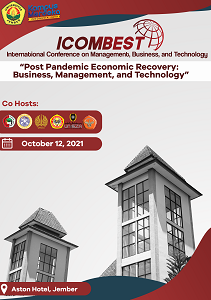RESPONCE OF SOYBEAN PLANT (Glycine max (L.) Mer) ON EFFICIENCY USE OF NPK FERTILIZER WITH ADDITION OF ORGANIC FERTILIZER
Abstract
Soybean is one of multipurpose plant because soybean can be used as food, as feed
ingredients, as well as for raw materials of various manufacturing and processed industries.
In Indonesia the average requirement of soybean every year reaches 2-3 million tons, while
the national production of Indonesia only reached 870,068 tons (37.85% of domestic needs).
According to the Central Bureau of Statistics (BPS) (2015) recorded imports of soybeans
reached 1,525,748 tons. To achieve the target soybean production can be done with non
organic fertilization. But this agricultural technology is not environmentally friendly because
of the deposition of heavy metal elements that can pollute the environment. To avoid
deposition of heavy metal elements can be done addition of organic fertilizer. The purpose of
this research is to know the responce of soybean plant to the efficiency of NPK fertilizer use
with the addition of organic fertilizer.
The research method is a simple experiment using randomized block design with the
addition of organic fertilizer that is P0: NPK 100% (Control), P1: NPK 75% + 30 ton/ha
organic fertilizer, P2: NPK 50% + 30 ton/ha organic fertilizer, P3: NPK 25% + 30 ton/ha
organic fertilizer, P4: organic fertilizer 30 ton/ha and repeated 3 times.
The result of observation of plant pod number, number of planting seeds, number of
root nodule, dry weight of soybean tends, with high clay C-organic content to be more
responce to the use of NPK 25% fertilizer showed higher tendency with production per
hectare (= 2.17 ton/ha) higher than other treatment. It can be said also that with the use of
NPK fertilizer 25% more efficiency.








